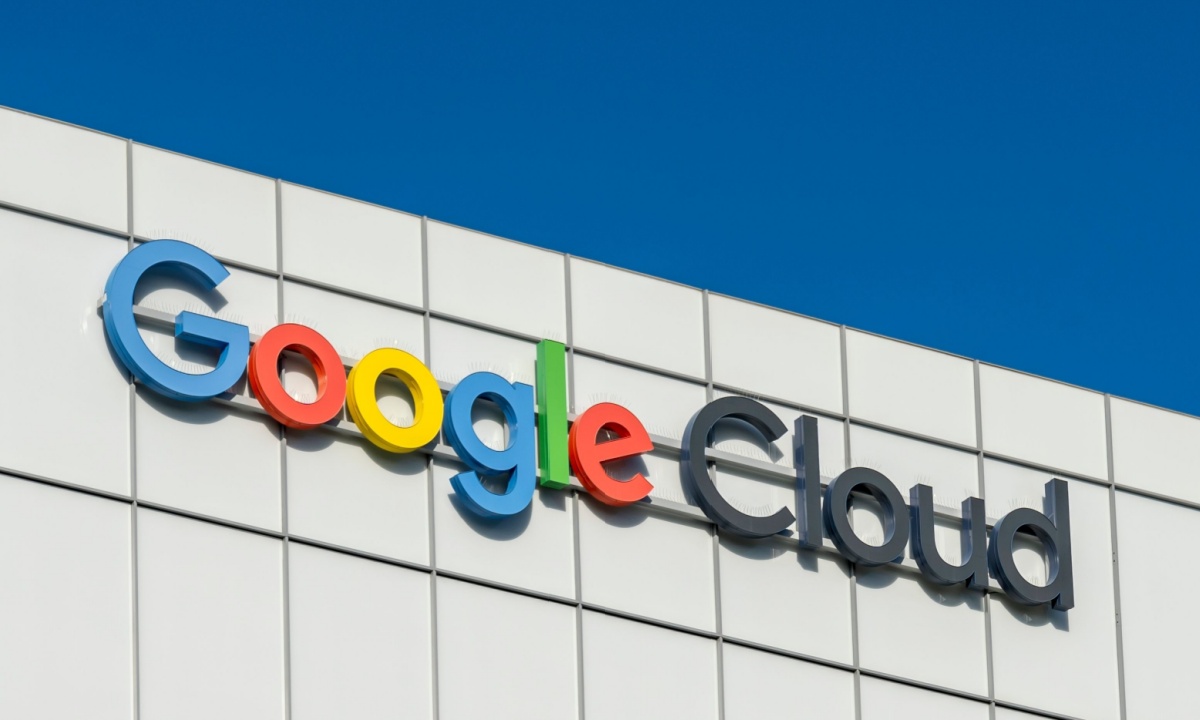Qualcomm Technologies and Google Cloud have partnered to provide automakers with tools they can use to add artificial intelligence (AI) agents to their vehicles.
This collaboration brings together Google Cloud’s Automotive AI Agent, which facilitates the creation of AI agents, and Qualcomm’s Snapdragon Digital Chassis, an open platform designed for building the “software-defined vehicle,” the companies said in a Monday (Sept. 8) press release.
The combination provides automakers with a way to deploy multi-modal, hybrid edge-to-cloud agents powered by both on-device AI that gives instant responses and cloud connectivity that enables their capabilities to evolve, according to the release.
This offering delivers an optimized reference architecture and prebuilt capabilities for essential use cases, enabling automakers to reduce their system development times, the release said. The use cases include conversational navigation, media and entertainment, and vehicle controls.
Plus, because this collaboration tightly integrates Qualcomm’s and Google Cloud’s solutions, it provides automakers with flexibility via a hybrid approach that orchestrates on-device and on-cloud inferencing, per the release.
“This partnership delivers a secure, brand-owned platform that allows automakers to design advanced AI companions capable of multi-modal, multi-lingual and multi-intent capabilities,” Shiv Venkataraman, vice president, applied AI at Google Cloud, said in the release.
Nakul Duggal, group general manager, automotive and industrial and embedded IoT at Qualcomm, said in the release that the automotive industry “is on the verge of major transformation driven by breakthroughs in generative AI and software-defined vehicles.”
“Our technology collaboration with Google Cloud marks a significant milestone in unlocking new possibilities for automakers, empowering them to create digitally advanced and personalized experiences for their customers,” Duggal added.
Qualcomm CEO Cristiano Amon said in March that cars are “a new computing space” where agent-based interfaces are particularly well-suited, allowing drivers to interact naturally through voice and visual cues.
“The car is now a new computing space, like a phone was a computing space. Your laptop’s a computing space,” Amon said. “This type of agent-based user experience is perfect when you are driving a car — voice is very natural, visual is very natural.”
Mercedes-Benz and Google Cloud announced in January that the automaker would employ Automotive AI Agent to add conversational capabilities to its virtual assistant.

